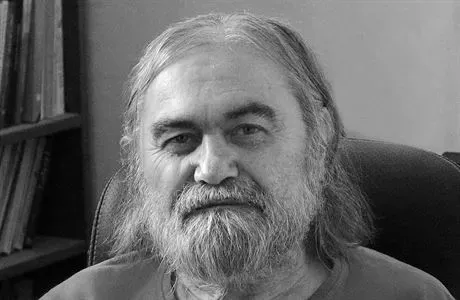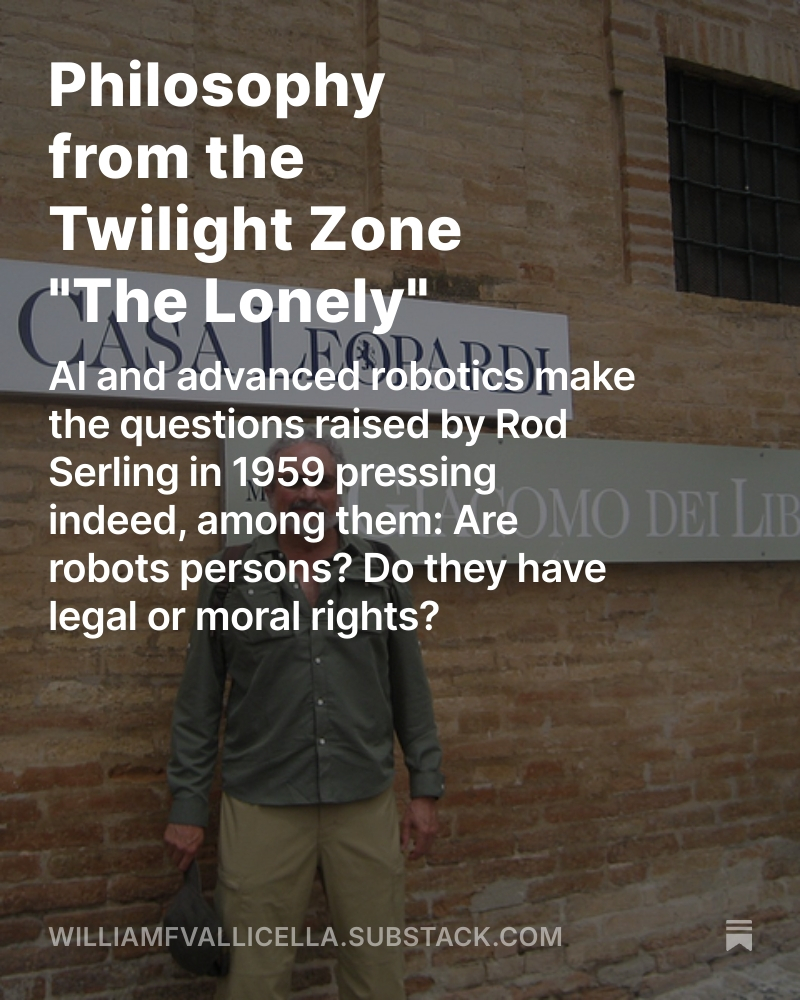Substack latest on the aporetics of evil.
Today I preach upon a text from Karl Jaspers wherein he comments on St. Augustine (Plato and Augustine, ed. Arendt, tr. Mannheim, Harcourt 1962, p. 110):
In interminable discussions, men have tried to sharpen and clarify this contradiction: on the one hand, evil is a mere clouding of the good, a shadow, a deficiency; on the other hand, it is an enormously effective power. But no one has succeeded in resolving it.
The problem is genuine, the problem is humanly important, and yet it gives every indication of being intractable. Jaspers is right: no one has ever solved it. To sharpen the contradiction:
1) Evil is privatio boni: nothing independently real, but a mere lack of good, parasitic upon the good. It has no positive entitative status.
2) Evil is not a mere lack of good, but an enormously effective power in its own right. It has a positive entitative status.
A tough nut to crack, an aporetic dyad, each limb of which makes a very serious claim on our attention. And yet the limbs cannot both be true. Philosophy is its problems, and when a problem is expressed as an aporetic polyad, then I say it is in canonical form.
Read it all.


